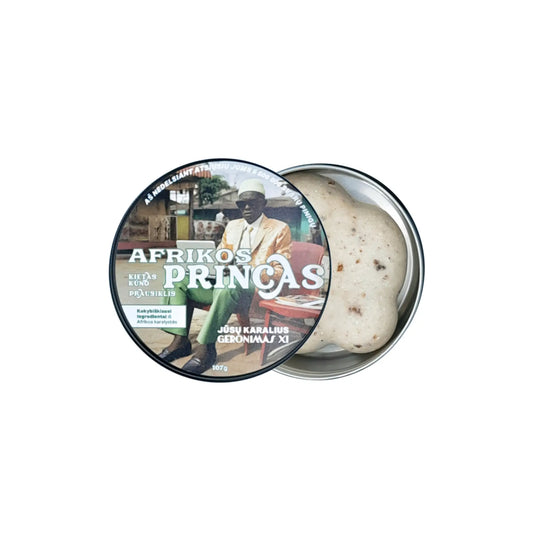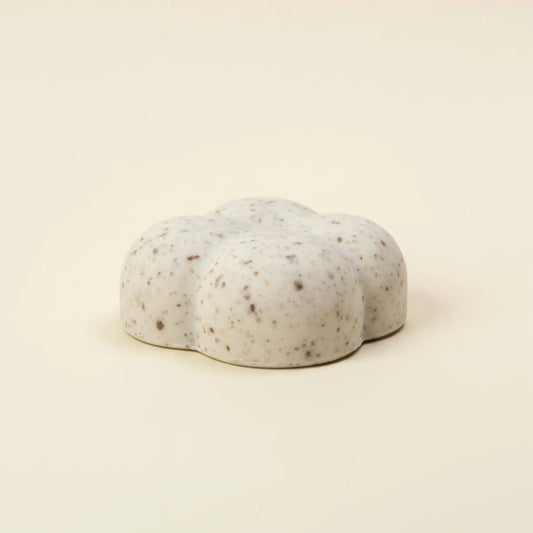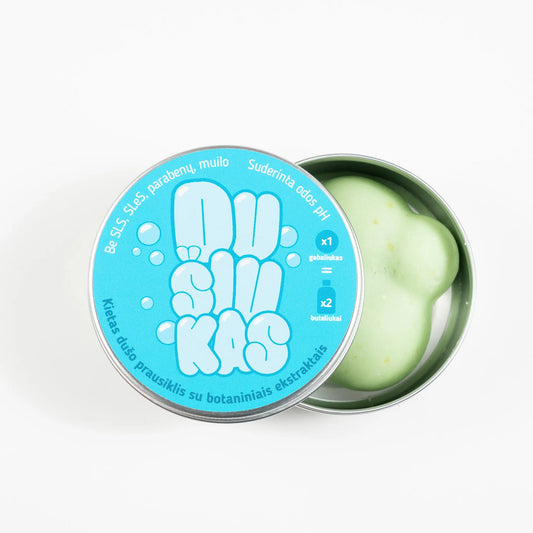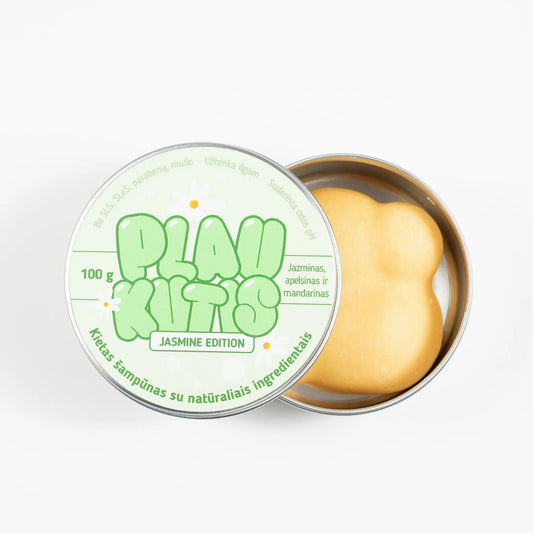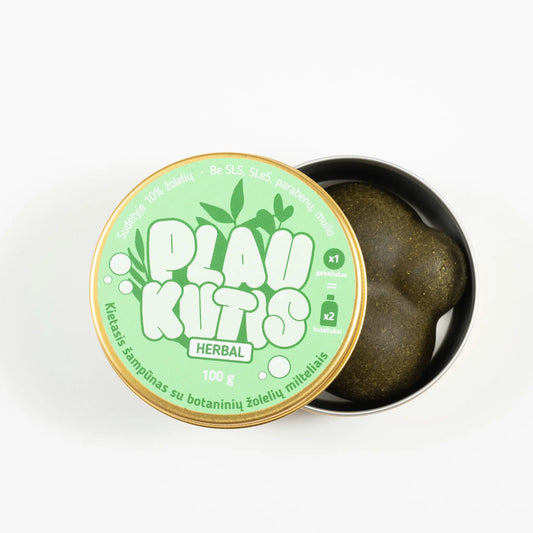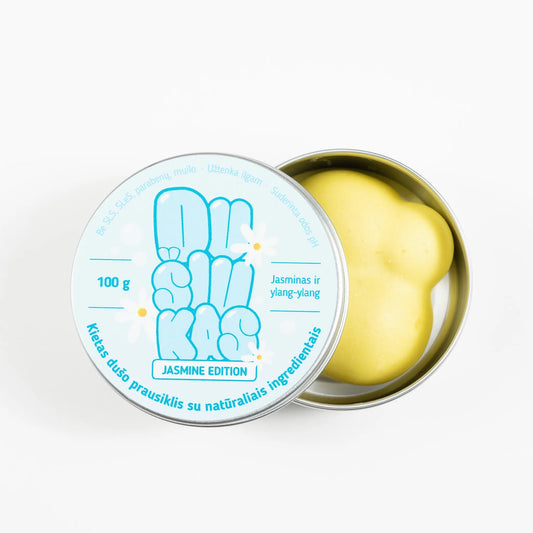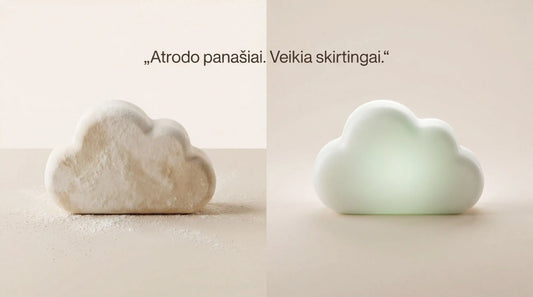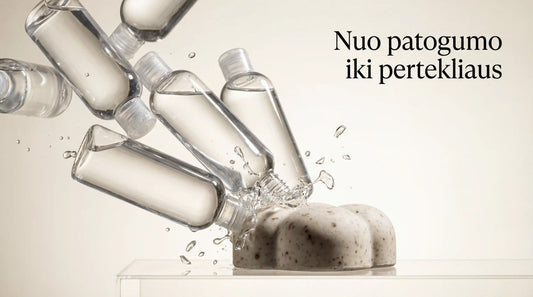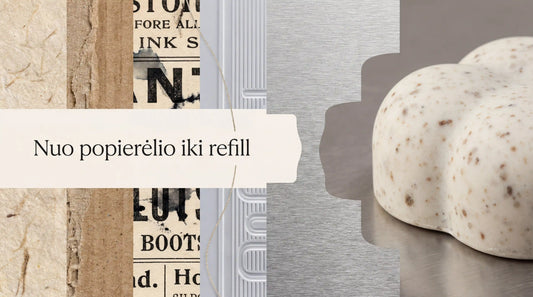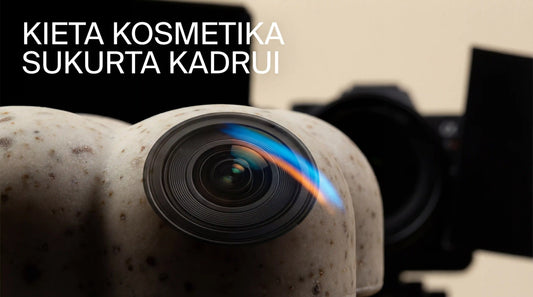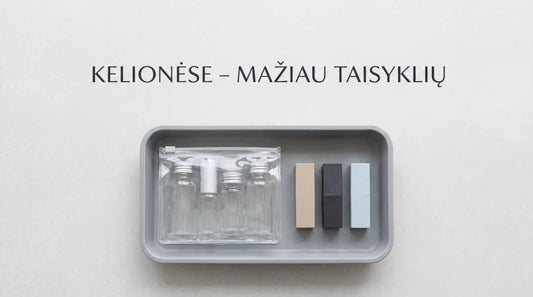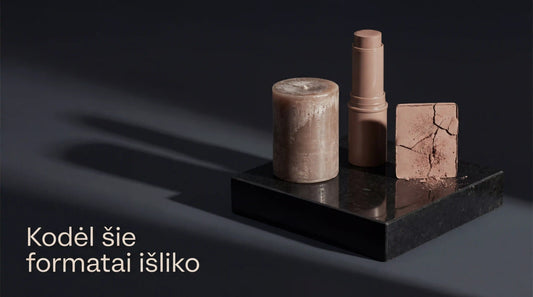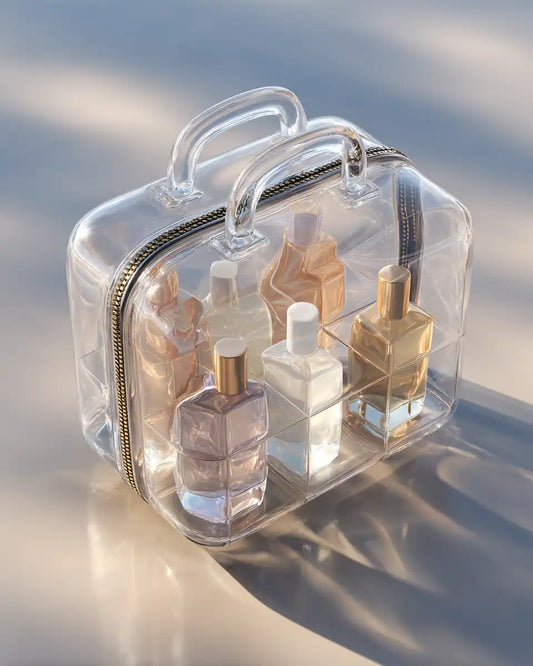Hair care is not just a modern obsession. For thousands of years, various civilizations have held strong beliefs about hair, from spiritual symbols to standards of beauty. Many of these ancient practices remain relevant today. Let’s explore some ancient hair care secrets, myths, and tips that you can incorporate into your daily life!
The religious and spiritual significance of hair
In many ancient cultures, hair was more than just a lock of hair. It had deep spiritual meaning and often served as a bridge between man and the divine. In ancient Egypt, both men and women shaved their heads as a sign of cleanliness and purity. Priests, in particular, kept their heads shaved to show their devotion to the gods.
Some cultures believed that hair had protective powers. For example, the ancient Chinese believed that long hair could connect them with their ancestors and nature. Similarly, some Native American tribes considered hair a source of strength. They only cut it during times of mourning or change.
Interestingly, some civilizations believed that hair had magical properties. For example, the ancient Greeks considered hair a source of power and a reflection of the soul. Hair was sometimes included in rituals or used in spells.
In India, many people still believe in the spiritual importance of hair. Hindu priests and pilgrims shave their heads to cleanse themselves of past sins. This ancient practice, called "tonsura," is seen as a way of new beginnings and inviting blessings.

Hair care techniques you can try today
Ancient civilizations had unique hair care methods that are still effective today. They relied on natural ingredients to nourish and protect hair – just like many modern products.
-
Oils for nourishing hair
Ancient Egyptians and Greeks used oils like coconut, olive, and castor to moisturize their hair. These oils are rich in vitamins and fatty acids that help maintain healthy, strong hair. Today, these oils are readily available at health food stores. Warm a small amount in your hands and massage into your scalp and hair. Leave on for 30 minutes, then wash with a mild shampoo. -
Herbal decoctions
Ancient Chinese women used rice water to rinse their hair. Rice water contains amino acids, vitamins, and minerals that strengthen hair and promote growth. You can try this at home: soak a glass of rice water for 30 minutes, strain, and use the water to rinse your hair after shampooing. -
Henna for natural coloring
The Egyptians were known for using henna to dye their hair a rich reddish-brown color. Henna not only dyes hair, but also conditions it, adding shine and strength. If you want to try a natural dye, mix henna powder with water until you get a paste. Apply to clean, damp hair, leave it on for 1-2 hours, then rinse. -
Make an ancient hair mask
The ancient Greeks used honey and olive oil to condition their hair. Make your own ancient-inspired hair mask by mixing two tablespoons of honey with two tablespoons of olive oil. Apply to hair, cover with a shower cap, and leave on for 20 minutes before rinsing.

The evolution of ancient hairstyles to modern trends
Hairstyles have changed a lot, but many modern trends find their roots in ancient ways. Let's take a look at how some ancient styles evolved.
-
Braids
Braiding has been known since 3500 BC. African women used braids to show their tribe, age, and social status. Today, braids remain a popular style, from simple three-strand braids to complex ones like box braids and cornrows. Not only do they look beautiful, they also help protect hair from damage. -
Wigs and hair extensions
Wigs were a common accessory in ancient Egypt, symbolizing status and beauty. They were worn by both men and women, often adorned with beads or gold jewelry. Today, wigs and extensions offer the opportunity to change your look without changing your natural hair. -
Natural hair dyes
Henna, indigo and other plant-based dyes were used in ancient times to change hair color. Now, more and more people are choosing natural hair dyes to avoid the harmful chemicals found in many modern products. These ancient methods offer a safer alternative and allow for creative self-expression. -
Hair accessories
From Egyptian headdresses to Greek laurel wreaths, hair accessories have been a symbol of beauty and elegance. Today, hairpins, headbands, and ornate clips add a touch of style to everyday hairstyles. The use of gold and gemstones in hair accessories, as in ancient royalty, remains a popular fashion choice.

Myths about ancient hair
All women are interested in hearing the truth about myths, especially when they reveal unexpected facts. Here are some hair-related myths from ancient times:
-
Myth 1: Cutting your hair during a full moon affects its growth
Ancient cultures believed that cutting hair during a full moon would make it grow faster and thicker. Although modern science has not confirmed this, this belief still lives on in some cultures. -
Myth 2: Hair length determines strength
Ancient Chinese and Native American tribes believed that long hair symbolized strength and wisdom. This idea appears in many cultures, although today we know that hair length does not affect a person's inner strength. -
Myth 3: Only the rich could afford hair care
This is not true! While elaborate wigs and accessories were signs of wealth, many natural hair care methods, such as oils and herbs, were available to all social classes. -
Fun fact: Cleopatra's hair care routine
Cleopatra, the last pharaoh of Egypt, was famous for her beauty rituals. She used a mixture of honey and castor oil to keep her hair shiny and healthy. You can easily replicate this simple routine today. -
Interesting fact: Hair in spells and magic
In ancient Greece, hair was believed to have magical properties. It was sometimes used in spells to attract love or good luck. This concept of hair as a source of power adds a mystique to its historical significance.
FAQ: Hair in Ancient Civilizations
-
How did people wash their hair in ancient times?
- They used natural cleansers such as clay, herbs, and oils. The Mesopotamians washed their hair with a mixture of water and clay, while the Egyptians used oils and herbs.
-
Was hair dye safe in ancient civilizations?
- Some dyes were safe, others were not. Natural dyes like henna were safe and conditioning. However, the Romans used dyes made from ash and vinegar, which could damage the hair.
-
What materials were used for hair accessories?
- Materials such as bone, wood, ivory, and metals were used. The Egyptians decorated their wigs with gold beads, while the Greeks used laurel wreaths and flowers.
-
Did ancient people use hair extensions?
- Yes! Egyptians often used hair extensions to add volume and length. They would secure these extensions with natural resins or beeswax.
-
Why did some cultures shave their heads?
- This was often for religious or spiritual reasons. Egyptians shaved their heads for reasons of cleanliness, while Hindu priests in India did so as a symbol of humility and devotion.
Conclusion
The hair care secrets of ancient civilizations still hold valuable lessons for us today. From natural oils to braided hairstyles, these practices connect us to a rich history. By trying these ancient-inspired methods, we can bring a touch of timeless beauty into our modern routines. Feel free to share your thoughts or hair care experiences in the comments!
